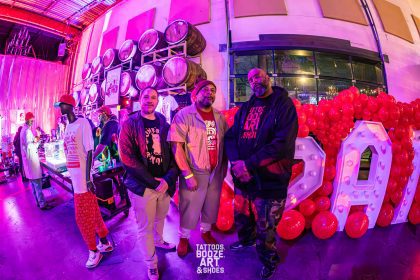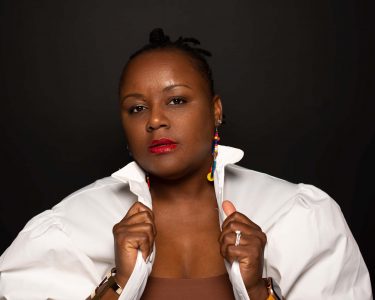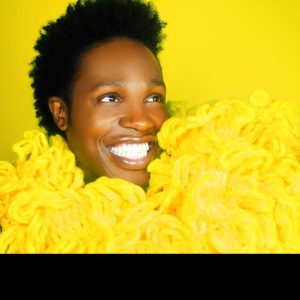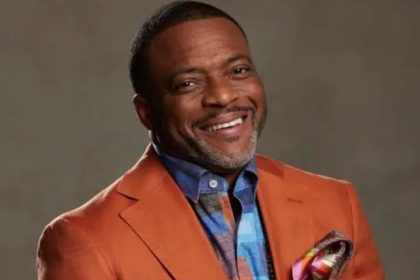 To ensure that Harlem’s arts and cultural legacy continue to thrive requires vision, business acumen and a commitment that remains unwavering in the face of economic, political and social challenges. As the executive director of the Harlem Arts Alliance (HAA), Michael Unthank exemplifies such qualities. HAA is an arts service organization that helps advance the professional development of artists and arts organizations in Harlem and surrounding areas. HAA also serves as an advocate for the Harlem community. This week they celebrate their 10th anniversary with the Harlem Arts Advocacy Week featuring Harry Belafonte, Ruby Dee, Danny Simmons and a host of programming focused on Harlem’s resurgence and renewal. Unthank spoke with rolling out about his definition of leadership, why membership services are significant and how gentrification affects his mission.
To ensure that Harlem’s arts and cultural legacy continue to thrive requires vision, business acumen and a commitment that remains unwavering in the face of economic, political and social challenges. As the executive director of the Harlem Arts Alliance (HAA), Michael Unthank exemplifies such qualities. HAA is an arts service organization that helps advance the professional development of artists and arts organizations in Harlem and surrounding areas. HAA also serves as an advocate for the Harlem community. This week they celebrate their 10th anniversary with the Harlem Arts Advocacy Week featuring Harry Belafonte, Ruby Dee, Danny Simmons and a host of programming focused on Harlem’s resurgence and renewal. Unthank spoke with rolling out about his definition of leadership, why membership services are significant and how gentrification affects his mission.
What do you consider the most important elements of effective leadership?
I believe that as a leader you have to act with integrity to inspire trust and loyalty to the people you hope to help and serve. If you don’t have that integrity whatever is done in darkness will come to light and people sense that. Then you don’t have their faith and trust and you need that.
In these dire economic times arts and culture programs are often the first ones to see their funding decrease or eliminated. What strategies are you employing to address this challenge?
One of the things that keeps us alive today is our strong membership base. So our strategy has been to provide consistent quality programs at various levels. We have professional development programs, monthly meetings, modest membership rates and access to desirable entertainment and showcase opportunities. I believe that if we support each other that’s really all we need.
The gentrification of Harlem remains a hot topic. How is it impacting your approach to executing your organization’s mission?
There are aspects of gentrification that have been positive for those who went before us and helped build Harlem. I think the problem we face in the cultural community in terms of gentrification is that we have to build the systems and demand respect from newcomers in the community. Due to the worldwide recognition of Harlem, it is a coveted name. So there is a friction there that can be uncomfortable but ultimately we try to work more closely together. We all want to see a more unified Harlem and that helps to make Harlem what it is.













